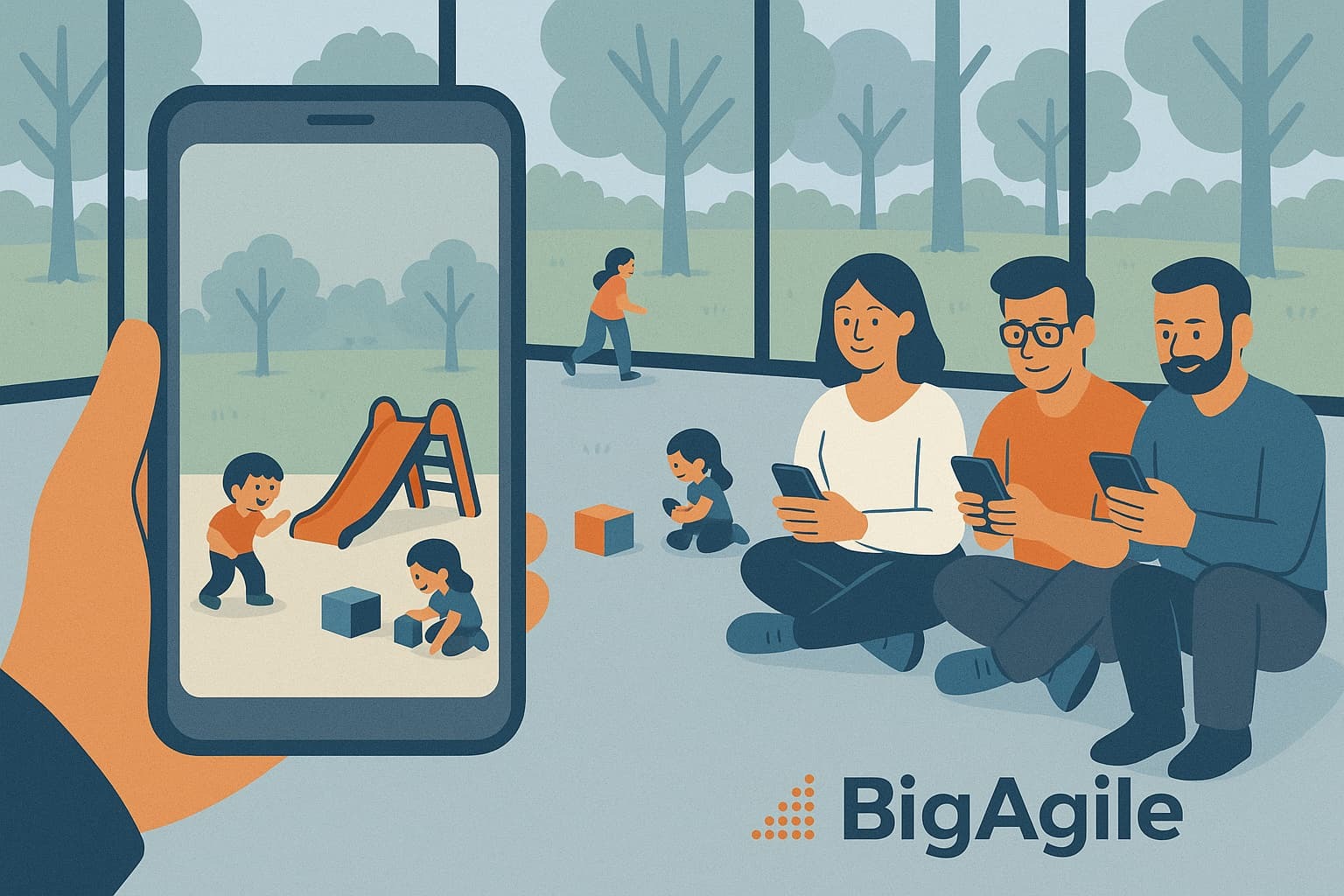
Did you know...
Google is integrating its Gemini AI model into TalkBack, Android's screen reader, with the aim of empowering visually impaired users through more intuitive, context-aware interactions. Instead of reading everything line-by-line, Gemini enables users to ask open-ended questions about what is on the screen—summarizing emails, interpreting images, and providing high-level overviews. This shift transforms accessibility tools from reactive narrators into proactive AI assistants.
Ok, So What?
For businesses, this isn’t just a leap in accessibility—it’s a glimpse into contextual AI interfaces replacing traditional, linear user flows. Any enterprise building apps or services should take note: accessibility will no longer mean “making things readable” but instead “making things understandable.” Tools like Gemini in TalkBack can illustrate how AI assistants become mediators between users and complex systems, translating raw data or screens into tailored, meaningful answers.
This shift is significant for industries with complex UI/UX, such as finance, healthcare, logistics, or enterprise software, where AI can alleviate the cognitive load for all users, not just those with disabilities.
Now What?
Rethink Accessibility as a Business Enabler
Design your products so AI can “interpret” the interface and answer questions contextually. This focuses on preparing your UX for multimodal AI interactions, not just checkboxes for ADA compliance.
Pilot Context-Aware AI Interfaces
Create internal prototypes using GPT-based tools to summarize dashboards, reports, or screen contents on demand. Begin with functions like customer support or analytics interpretation.
Audit Your Apps for AI-Ready Design
Review whether your data structures, screen layouts, and workflows are legible to AI. Implementing structured metadata, semantic labeling, and user intent signals will be critical.
Questions to Think About
- Are your digital products designed to be “interpretable” by AI, or just navigable by humans?
- What parts of your business applications could benefit from summarization or natural-language querying?
- Could AI-driven accessibility features serve your broader customer base, not just edge users?